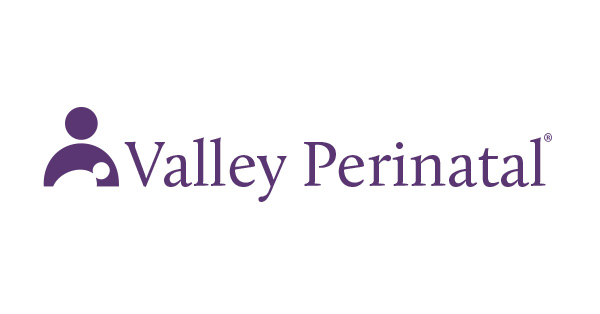Articles

Uterine size discrepancy refers to a condition where the size of the uterus, as assessed through physical examination or imaging, does not align with what is expected for the gestational age of the pregnancy. This discrepancy can have various implications for both the mother and the baby, and understanding its potential effects can help in

Pregnancy is a time of significant change, both physically and emotionally. For individuals with mental health disorders, these changes can have profound effects on both their well-being and the health of their pregnancy. Understanding how mental health issues impact pregnancy is essential for ensuring both mother and baby receive the care and support they need.

A benign neoplasm, commonly referred to as a benign tumor, is a non-cancerous growth that arises from cells multiplying uncontrollably. Unlike malignant tumors, benign neoplasms generally do not spread to other parts of the body and are less likely to pose a serious health threat. However, when pregnant, the presence of a benign neoplasm can

A poor obstetric history refers to previous pregnancy outcomes that were complicated or less favorable, such as miscarriages, preterm births, or other pregnancy-related issues. Understanding how a history of obstetric challenges might affect your current pregnancy is crucial for proactive care and ensuring the best possible outcome for both you and your baby. What is

Poor fetal growth, also known as intrauterine growth restriction (IUGR), is a condition where a baby does not grow at the expected rate during pregnancy. This condition can lead to a range of complications for both the baby and the mother. Understanding the implications of poor fetal growth and how to manage it is crucial

The placenta is a vital organ that develops during pregnancy, serving as the interface between the mother and the baby. It provides oxygen and nutrients to the developing fetus and removes waste products from the baby’s blood. Placental disorders can disrupt this critical function, potentially leading to complications for both the mother and the baby.

Sexually transmitted infections (STIs) can significantly impact pregnancy and the health of both the mother and the baby. Being aware of how STIs affect pregnancy, their potential complications, and the importance of treatment can help ensure a healthier outcome for you and your baby. Here’s what you need to know about the effects of STIs

Pregnancy can bring about a range of physiological changes, including impacts on the nervous system. Disorders of the nervous system during pregnancy can affect both the mother and the baby. Understanding these conditions, their symptoms, and treatment options can help in managing them effectively. Here’s an overview of common nervous system disorders in pregnancy: Pregnancy-Related

Pregnancy involves significant hormonal changes as the body adapts to support the developing baby. Disorders of the endocrine system can arise during this time, affecting both maternal and fetal health. Here’s an overview of common endocrine disorders in pregnancy, including their causes, symptoms, and treatment options. Gestational Diabetes Thyroid Disorders Adrenal Disorders Polycystic Ovary Syndrome

Vomiting during pregnancy, commonly referred to as morning sickness, is a frequent concern for many expectant mothers. While it is a normal part of pregnancy for many women, understanding its effects, causes, and management strategies can help you navigate this aspect of pregnancy more effectively and ensure both your health and your baby’s well-being. What

A prolonged pregnancy, also known as post-term pregnancy, refers to a pregnancy that extends beyond 42 weeks of gestation. While most pregnancies last about 40 weeks, some may continue past this point. Understanding the effects of a prolonged pregnancy can help you make informed decisions and prepare for potential complications. What is Prolonged Pregnancy? Prolonged

Pre-term water break, also known as premature rupture of membranes (PROM), occurs when the amniotic sac breaks before labor begins, and before 37 weeks of pregnancy. The amniotic sac is a fluid-filled sac that surrounds and protects your baby in the womb. When it ruptures prematurely, it can lead to several complications for both you
